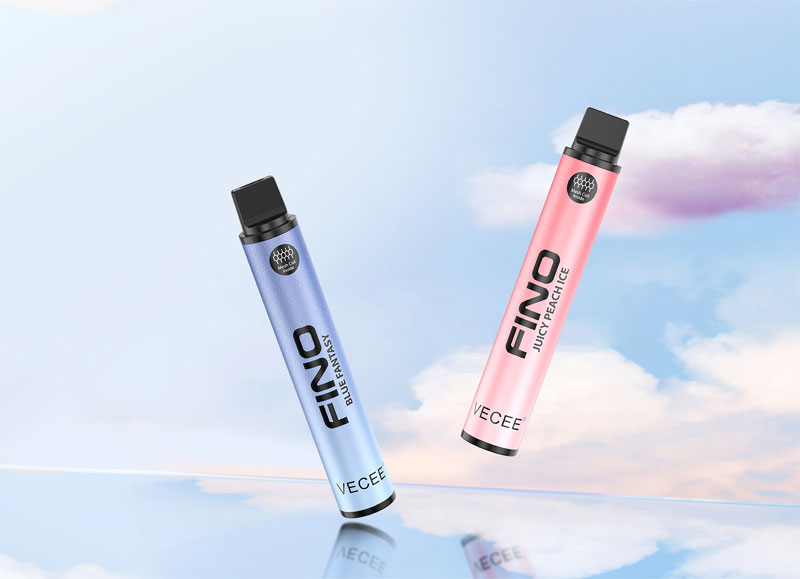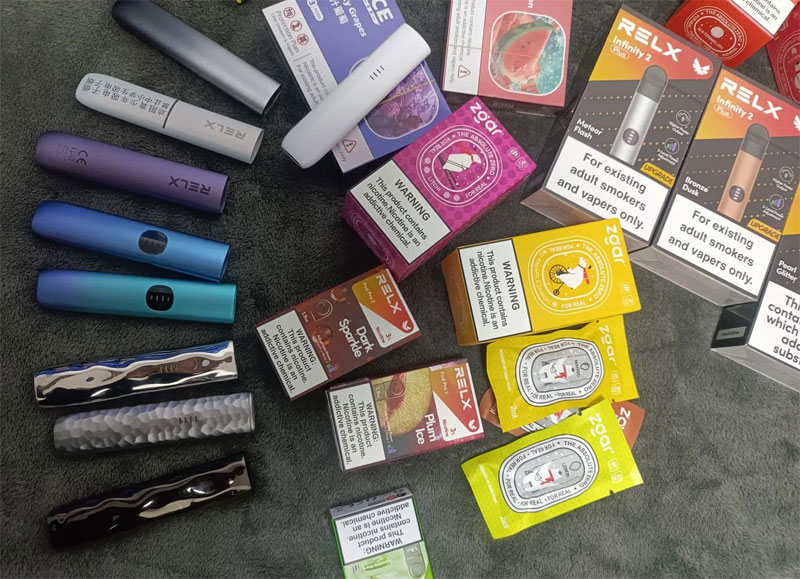The landscape of e-cigarette regulations in Malaysia is set to undergo significant changes by 2025, shaping the way consumers and businesses interact with these products. With a growing number of smokers transitioning to e-cigarettes as a less harmful alternative, understanding Malaysia’s evolving regulatory framework becomes crucial for manufacturers, retailers, and end-users alike. The Malaysian government has been working tirelessly to balance consumer health with the burgeoning e-cigarette market, aiming to implement robust regulations that ensure the safe and responsible use of these devices.
in Malaysia is set to undergo significant changes by 2025, shaping the way consumers and businesses interact with these products. With a growing number of smokers transitioning to e-cigarettes as a less harmful alternative, understanding Malaysia’s evolving regulatory framework becomes crucial for manufacturers, retailers, and end-users alike. The Malaysian government has been working tirelessly to balance consumer health with the burgeoning e-cigarette market, aiming to implement robust regulations that ensure the safe and responsible use of these devices.
Why Malaysia is Reforming E-cigarette Regulations by 2025
In recent years, Malaysia has witnessed a surge in the popularity of e-cigarettes, driven by the perception of being a safer alternative to traditional smoking. The Ministry of Health Malaysia (MOH) has raised alarms about the potential health risks associated with unregulated products, thus necessitating stricter controls to safeguard public health. One of the primary motivations for updating the e-cigarette regulations is to address the growing concerns over the use of these products among minors and the quality of the ingredients used. By 2025, the government aims to establish comprehensive guidelines, ensuring all e-cigarette products meet specific safety and quality standards.
The Key Components of the Updated Regulations
- Manufacturing Standards: By 2025, all e-cigarettes sold in Malaysia must adhere to stringent manufacturing standards, which include quality control measures to ensure product safety and consistency.
- Age Verification: Retailers will be required to implement robust age verification processes to prevent sales to individuals under 18, aligning with efforts to curb youth vaping.
- Labeling Requirements: Comprehensive labeling will be mandatory to inform consumers about the product’s ingredients, nicotine content, and potential health risks.
- Advertising Restrictions: Advertising of e-cigarettes will be heavily regulated to prevent misleading claims and appeal to minors. All promotional materials must comply with ethical marketing laws.

The Impact on Businesses and Consumers
These regulatory changes will undoubtedly impact both businesses and consumers. For manufacturers and retailers, compliance with the new e-cigarette regulations could mean revisiting their production and marketing strategies. Those who adapt swiftly to these changes will likely thrive in this evolving landscape. Consumers, on the other hand, will benefit from increased product safety and clear information, enabling them to make informed choices about their smoking alternative.
Preparing for the Regulatory Shift
As Malaysia gears up for the implementation of these regulations, stakeholders across the e-cigarette industry must prioritize compliance to avoid penalties. Training and educating staff about these new requirements will be essential, as will maintaining open channels of communication with regulatory bodies to stay informed about potential updates. This proactive approach will not only ensure adherence but also bolster consumer confidence in the products offered.

FAQs on Malaysia’s E-cigarette Regulations 2025
- What changes can consumers expect in 2025 regarding e-cigarettes in Malaysia?
- Consumers can expect stricter regulations ensuring product safety and quality, alongside measures aimed at preventing underage usage.
- How might businesses need to adjust in light of the new regulations?
- Businesses will need to ensure compliance with manufacturing and advertising standards, necessitating possible changes to production and marketing strategies.
- Will there be limitations on where e-cigarettes can be advertised?
- Yes, advertising will face numerous restrictions to ensure it does not target minors and adheres to ethical standards.
As Malaysia moves forward with these changes, the successful implementation of e-cigarette regulations 2025 could serve as a model for other countries grappling with similar challenges in consumer safety and product regulation.
